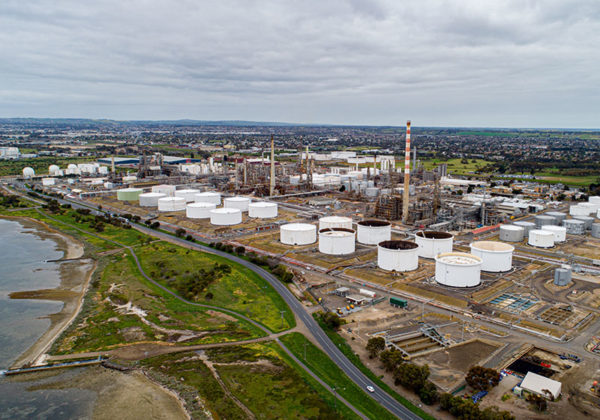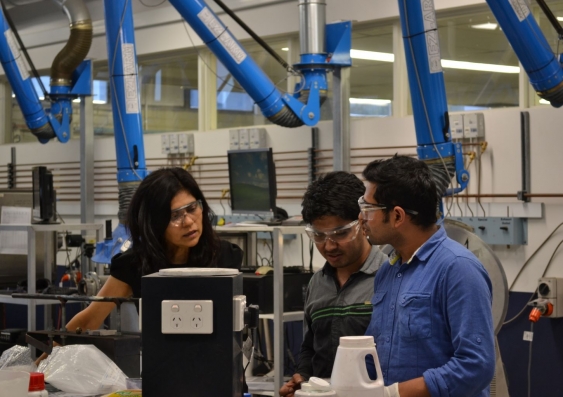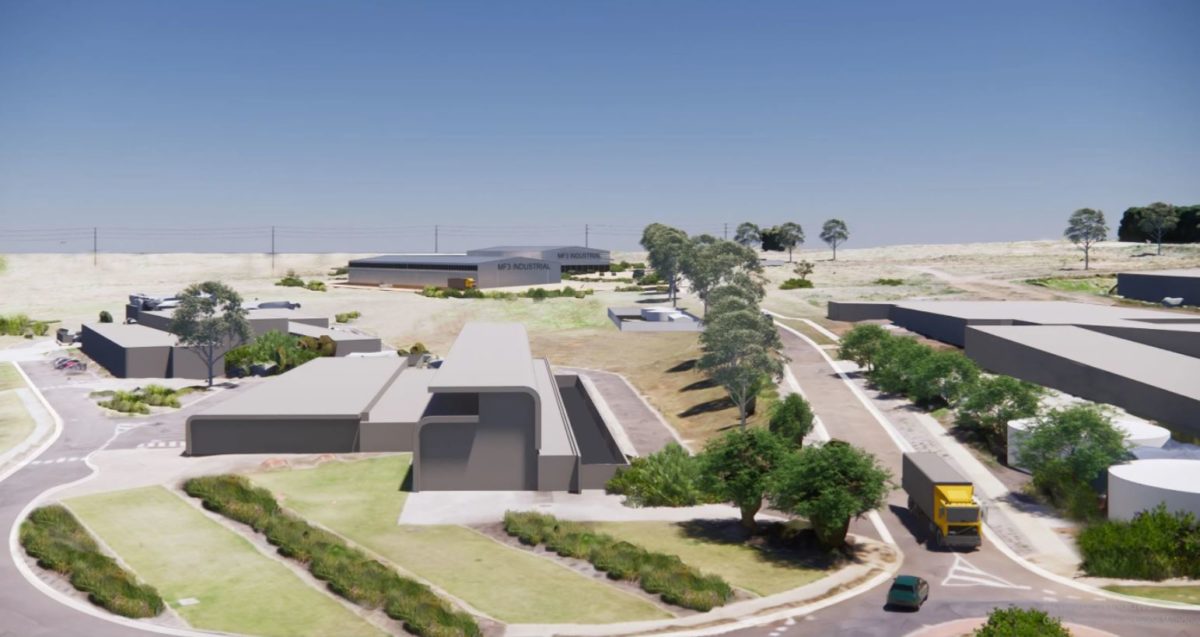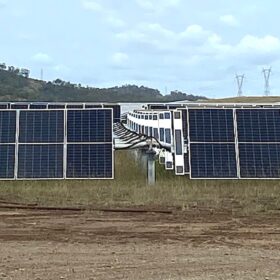Deakin University said it will work with governments, industry, and education partners to establish a multi-billion dollar bioeconomy in Victoria, focused on clean energy, recycling and greener supply chains with the $50 million in federal funding to be backed with $330 million from industry and university partners. The university expects its Recycling and Renewable Energy commercialisation hub (REACH) will generate more than $1.4 billion in revenue and 2,500 jobs in the next decade.
The REACH initiative will see Deakin team with other educational institutions, Australia’s national science agency CSIRO, and more than 20 industry partners across the country to accelerate the commercialisation and manufacture of clean energy and recycling technologies, including battery energy storage solutions and green hydrogen production.
Deakin Research Innovations executive director Ross Mahon said the initiative will drive significant innovation and job creation with forward estimates calculating that REACH industry partners would generate $1.4 billion in revenue within a decade.
“Through the REACH program we will create more than 2,500 jobs within 10 years and provide a solid technology platform for further investment during this time leading to as many as 7,000 jobs,” he said.
“Collaboration with universities and TAFE institutes will create a job-ready workforce qualified in emerging technologies, and a high number of graduates will feed into companies associated with REACH.
“More than 40% of the companies involved are small and medium enterprises that will perform 80% of the work in regional Australia. Deakin’s proven production and pilot facilities will provide a springboard for next-level commercialisation both locally and overseas, driving ongoing economic and employment benefits.”

Image: Viva Energy
REACH will engage researchers from Federation University, RMIT University, Swinburne University of Technology and the University of Southern Queensland, alongside CSIRO and TAFE institutes.
The program will also involve more than 20 industry partners including Brisbane-based battery manufacturer Li-S Energy, Perth-based engineering outfit Oztron Energy, HB11 Energy, Clean Energy Resources Australia and Geelong oil refinery owner Viva Energy Australia.
Initial target projects include establishing an Australian supply chain for the manufacture of advanced technology batteries with greater energy density and shorter charge times. The initiative will also seek to build local capability to store and use hydrogen across a broad technology base.
Deakin Research deputy vice-chancellor Professor Julie Owens said REACH would capitalise on the university’s strengths in battery technology and hydrogen, and those of the CSIRO, as well as industry, university and TAFE partners, accelerating ideas into smart, sustainable manufacturing solutions.
“REACH will help build Australia’s sovereign capability in key manufacturing priorities, driving the country’s single largest recycling and clean energy advanced manufacturing ecosystem,” she said. “By strengthening research, development and production opportunities onshore, we can ensure that our manufacturers are more internationally competitive.
“REACH will help create a model for rapid and successful translation of research to commercialisation, increasing Australia’s competitiveness across a broader spectrum of technology advances.”

Image: UNSW
The funding is part of the $242.7 million Trailblazer Universities program announced by the federal government in November as part of a push to improve commercialisation rates for Australian research. The program offered up to $50 million each over four years to four universities through a competitive process.
Deakin’s announcement comes just days after the University of New South Wales (UNSW) and the University of Newcastle (UoN) were awarded $50 million in federal funding to develop and commercialise “world-leading” technology in solar, renewable hydrogen, storage and green metals.
UNSW and the UoN announced on Wednesday they will lead an industry-backed clean energy and recycling business and research initiative designed to “help Australia and the world transition to sustainable recycling and clean energy solutions and systems”.
The Australian Trailblazer Recycling and Clean Energy (ATRaCE) Program – will include a total investment of more than $200 million including university and industry investment.
This content is protected by copyright and may not be reused. If you want to cooperate with us and would like to reuse some of our content, please contact: editors@pv-magazine.com.









2 comments
By submitting this form you agree to pv magazine using your data for the purposes of publishing your comment.
Your personal data will only be disclosed or otherwise transmitted to third parties for the purposes of spam filtering or if this is necessary for technical maintenance of the website. Any other transfer to third parties will not take place unless this is justified on the basis of applicable data protection regulations or if pv magazine is legally obliged to do so.
You may revoke this consent at any time with effect for the future, in which case your personal data will be deleted immediately. Otherwise, your data will be deleted if pv magazine has processed your request or the purpose of data storage is fulfilled.
Further information on data privacy can be found in our Data Protection Policy.